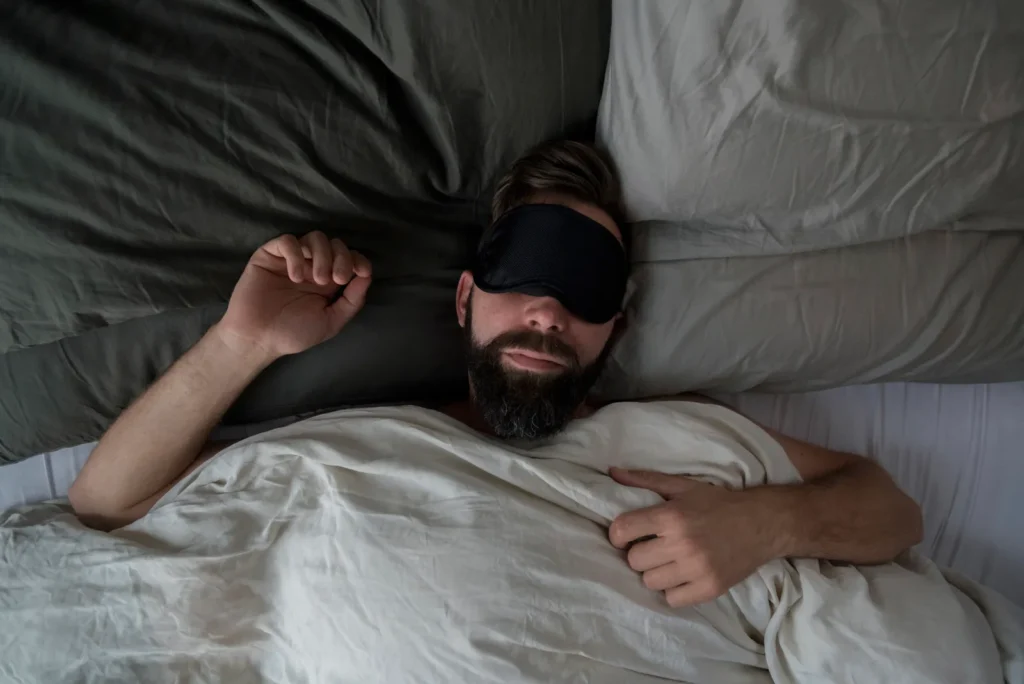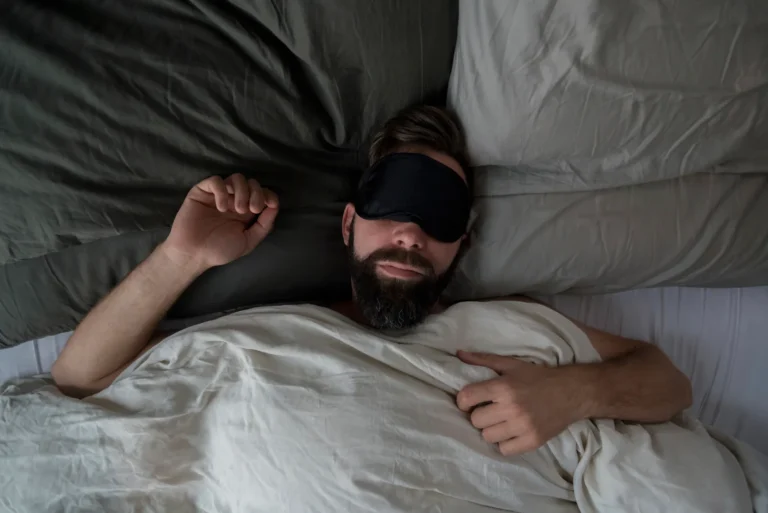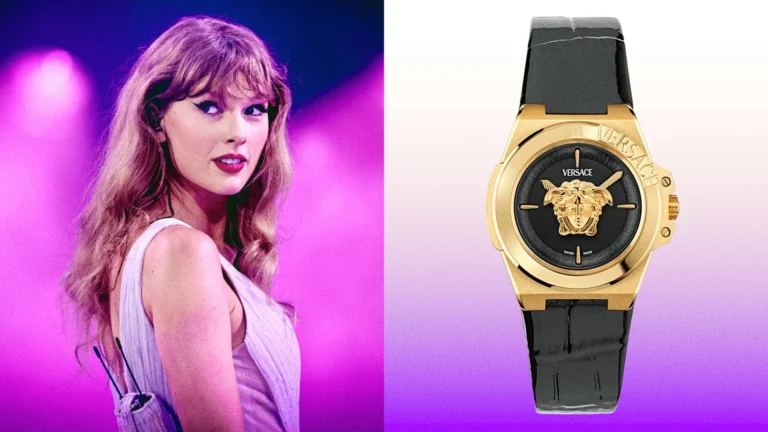Best time to eat dinner for longevity is a question many people ask as they try to live longer, healthier lives. When, what, and how much you eat in the evening can affect sleep, metabolism, disease risk, and even mortality. Researchers in nutrition, chronobiology (study of biological clocks), and epidemiology have provided strong evidence that aligning your dinner time with your circadian rhythms can deliver real longevity benefits.

What Does “Longevity” Mean in This Context?
Before diving in, let’s clarify:
- Longevity refers not just to lifespan, but healthspan — years lived in good health, free from serious disease or disability.
- Timing of meals (especially dinner) is part of chrononutrition — how nutrition interacts with biological clocks. Related terms include meal timing, time-restricted eating, circadian rhythm nutrition.
Why Dinner Timing Matters: Science and Mechanisms
How Evening Meals Affect Your Body Clock
- Your body has internal 24-hour rhythms (circadian rhythms) that regulate sleep, metabolism, hormone secretion, etc.
- Eating close to bedtime can send confusing signals: digestion, energy processing, insulin, etc., may get misaligned with the expected rest and repair phase. This can impair sleep and metabolic health.
Evidence from Recent Longitudinal Studies
- A recent UK cohort study of older adults (42-94 yrs) showed that later dinner and breakfast times, a shorter eating window, and delayed eating midpoints were associated with increased mortality, more physical and psychological illness.
- MedicalNewsToday & related studies report that those who eat breakfast and dinner later often show more fatigue, depression, oral health issues, multimorbidity.
Time-Restricted Eating & Fasting Window
- Time-restricted eating (TRE) means eating all your meals within a fixed window (often ~10-12 hours), fasting during the rest.
- Studies suggest extending the period between your last meal (dinner) and your first meal next day (breakfast) enhances fat oxidation, improves glucose control, reduces disease markers.
Impact on Sleep & Metabolism
- Late eating is tied to poorer sleep quality. Disrupted sleep reduces recovery, increases risk of metabolic diseases.
- Glucose tolerance and insulin sensitivity tend to be better earlier in the evening, so eating heavy or high-sugar dinners late can spike blood sugar and impair metabolic responses.
What “Best Time to Eat Dinner for Longevity” Looks Like: Insights & Guidelines
Pulling from expert opinions and research, here are guidelines for dinner timing optimized for longevity.
| Aspect | Recommended Practice | Reason / Benefits |
|---|---|---|
| Finish dinner before bedtime | At least 2-3 hours before you sleep; ideally 3 hours prior | Allows body to shift into rest mode; improves sleep and metabolic regulation. |
| Dinner time window | Between 5:30-7:30 p.m. (or earlier depending on your sleep schedule) | Matches natural circadian rhythm; better glucose regulation; reduced risks. |
| Eating window duration | ~10-12 hours of eating per 24-h cycle, fasting the rest | Helps with weight control, metabolic health, fat burning. |
| Meal composition | Light to moderate portion; high in plant foods; moderate protein; low in saturated fat and added sugar | Supports long-term health and lowers risk of chronic diseases. |
How to Determine Your Ideal Dinner Time
Because everyone’s schedule, sleep pattern, lifestyle, and goals are different, there is not a one-size-fits-all time. Here are steps to find your personal optimal dinner time.
- Identify your usual bedtime
→ If you go to bed at 11 p.m., finishing dinner by 8–8:30 p.m. gives you a 2.5-3 hour buffer. - Work backward 2-3 hours from sleep
That becomes your target “latest” dinner time. - Consider your waking/sleeping rhythm (chronotype)
If you are a morning person, you may naturally prefer earlier dinners; night owls may struggle, but shifting gradually helps. - Ensure your eating window is consistent
Consistency (same dinner time most days) seems to matter as much as absolute time. Shifting too much confuses circadian signals. - Adjust dinner composition
If you must eat closer to bedtime, keep dinner lighter, low in carbohydrates and sugar; avoid late heavy or fatty meals.
Best Time to Eat Dinner for Longevity: What Experts Recommend
Based on combining multiple studies + expert advice:
- Finish your last meal at least 3 hours before bedtime.
- Eat dinner earlier in the evening, ideally between 5:30-7:30 p.m., depending on your evening schedule.
- Keep a 12-hour window between dinner and breakfast when possible (e.g., if dinner ends at 7 p.m., breakfast begins at 7 a.m.).
Related Concepts & Keywords You Should Know
To build topical authority around dinner timing and longevity, it helps to be aware of related ideas. These also improve SEO because they show semantic depth.
- Meal timing / eating schedule
- Time-restricted eating (TRE) or intermittent fasting
- Circadian rhythm / chronobiology / chrononutrition
- Metabolic health / insulin sensitivity / glucose regulation
- Healthspan vs lifespan
- Sleep quality / rest / digestion
Common Pitfalls & What to Avoid
Even if you aim for optimal dinner timing, certain habits can undermine benefits.
- Eating heavy or large portions close to bedtime — digestion strain, sleep disruption.
- Frequent late snacks — bypassing the fasting/recovery period.
- Irregular dinner times — shifting greatly day to day confuses internal clocks.
- High sugar / high saturated fat meals in evening — worsens metabolic response.
- Skipping breakfast to “make up” for late dinner, but then eating irregularly — this can cause metabolic dysregulation.
Special Cases: When Timing Might Differ
- Shift workers or irregular hours: Timing must adapt; aim for consistency and try to align with light exposure.
- People with metabolic or sleep disorders: Consult healthcare provider before making big changes.
- Cultural / social constraints: If dinner is a social event late evening, then focus more on the quality of food and allow recovery time (lighter meal, no snacks after).
Practical Tips to Shift Dinner Earlier
If your current dinner time is late (say 9-10 p.m.), here are actionable steps to move it earlier gradually:
- Move dinner 10-15 minutes earlier every few days until you reach your target time.
- Plan meals in advance so you’re not scrambling and end up eating late.
- Make lighter dinner options that are easy to prepare, so cooking time isn’t a barrier.
- Reduce evening commitments that force you to eat late.
- Avoid caffeine, alcohol, stimulants in later evening which can delay sleep and mealtime digestion.
Measuring & Tracking Your Progress
To know if you’re getting the longevity benefits from your new dinner timing, track:
- Sleep quality (duration, waking up, restlessness)
- Weight / body composition over months
- Metabolic markers if possible (blood sugar, lipids)
- Mood, energy levels during day
- Consistency: how often do you manage to eat dinner at or before the target time
Summary: Best Time to Eat Dinner for Longevity
To recap:
- Best time to eat dinner for longevity means finishing dinner roughly 3 hours before bed, ideally in the early evening (5:30-7:30 p.m.) depending on your schedule.
- Maintain a 12-hour eating window across the day.
- Focus dinner on plant-based foods, moderate protein, avoid high sugar / saturated fat.
- Consistency matters.
FAQs
Q: What if I naturally go to bed late (e.g., 1-2 a.m.)?
Try to still maintain a 2-3 hour buffer between dinner and sleep. So if you sleep at 1 a.m., aim to finish dinner by 10-11 p.m. Gradually shift earlier if possible.
Q: Does skipping breakfast help if I eat dinner late?
Skipping breakfast may help some people extend a fasting window, but evidence suggests breakfast timing itself is important. Better to shift dinner earlier than to skip breakfast regularly.
Q: Is the “best time” the same for everyone?
No. Chronotype, work schedule, health status, cultural norms all matter. The guidelines are starting points; adjusting for your life is key.
To-Do Checklist: Dinner Time Optimization
- Determine your regular bedtime
- Set dinner to finish 2-3 hours before that bedtime
- Aim for dinner between 5:30-7:30 p.m. or as early as your schedule allows
- Use a consistent eating window (~12 hours)
- Choose lighter, nutrient-dense evening meals
- Track sleep, energy, metabolic health
Mastering the best time to eat dinner for longevity is more than picking a clock time—it’s about aligning what you eat, when you eat, and when you sleep. Science suggests that finishing dinner well before bed, keeping a reasonable eating window, and making dinner lighter and nutritious all help improve sleep, metabolic health, and possibly extend both lifespan and healthspan.
Making even small changes—starting with dinner time—can ripple through many aspects of health. If you adjust gradually, stay consistent, and listen to your body, the benefits can compound over years.






